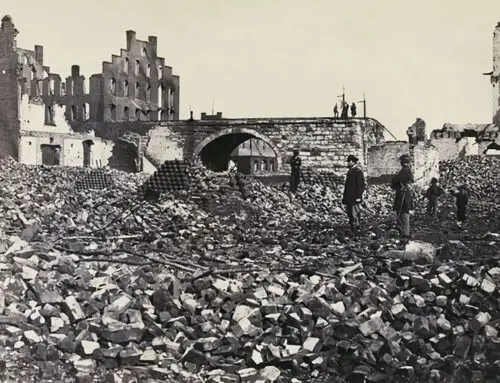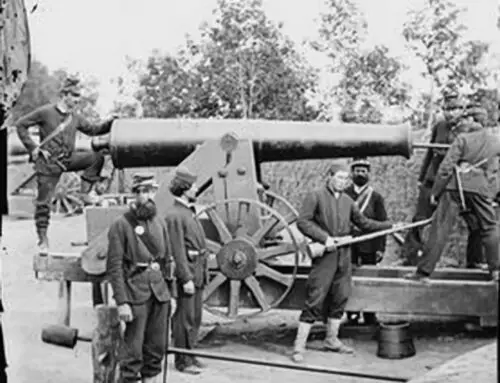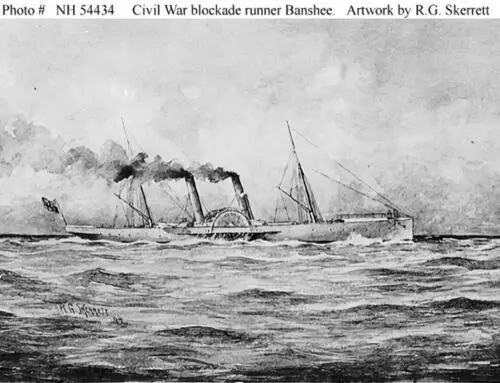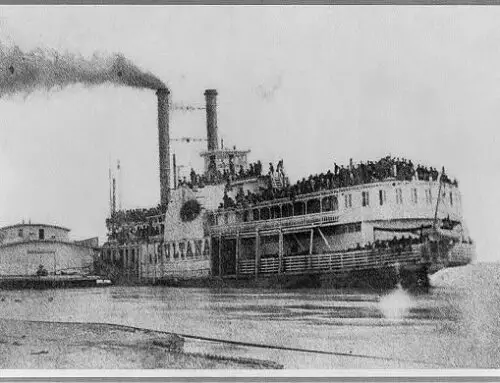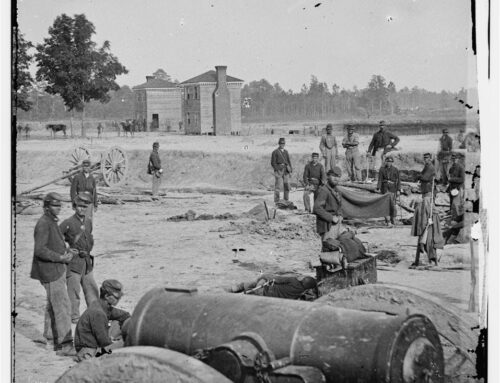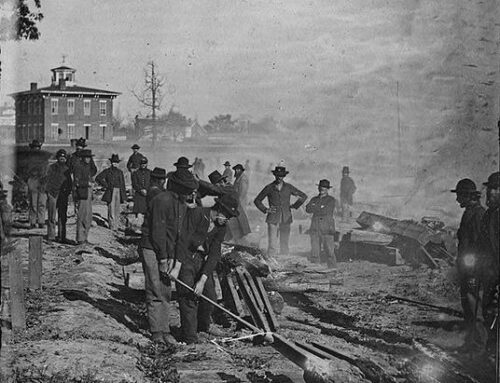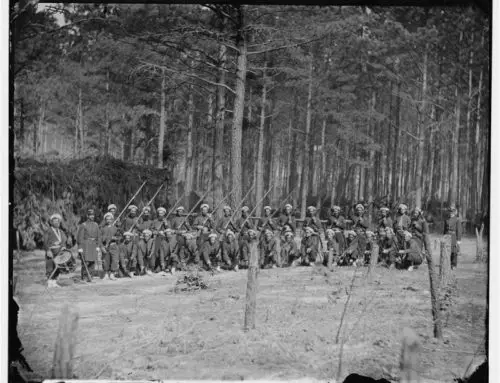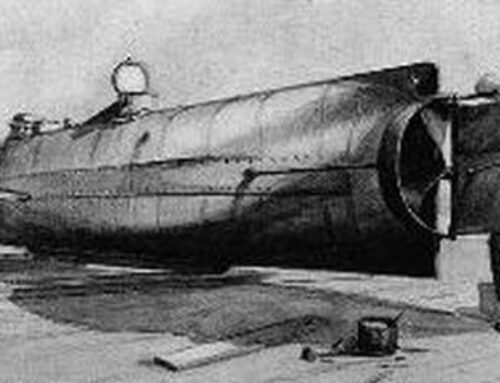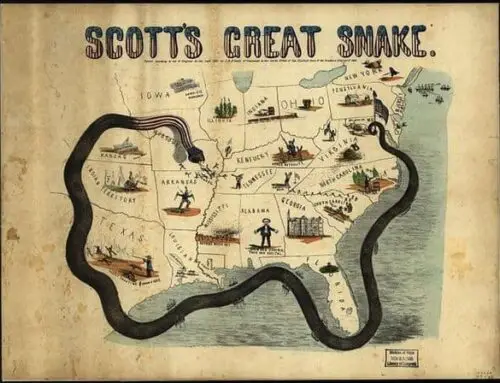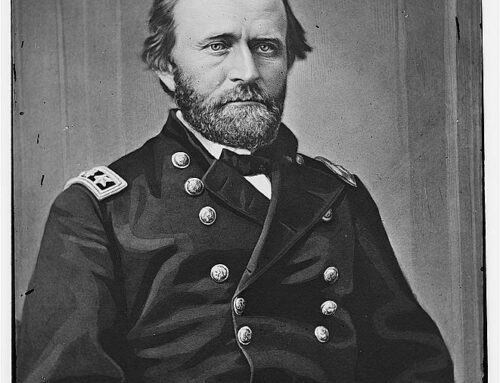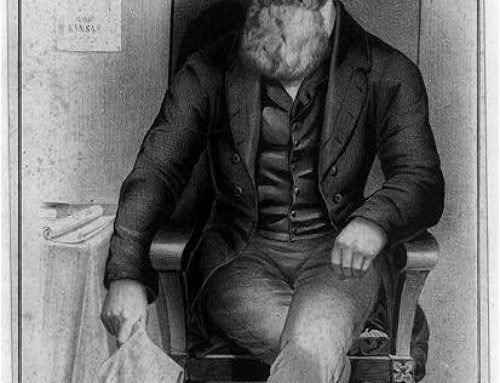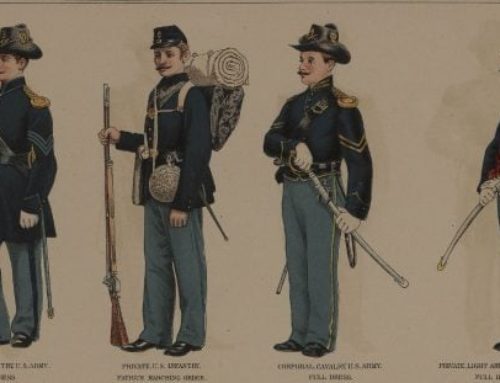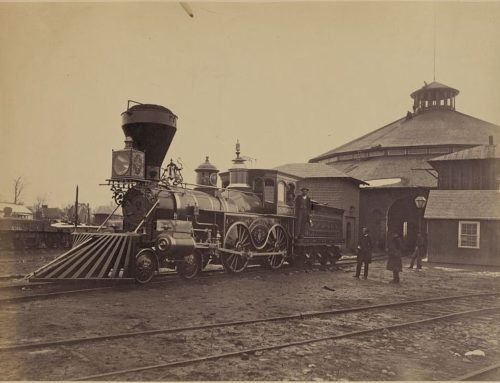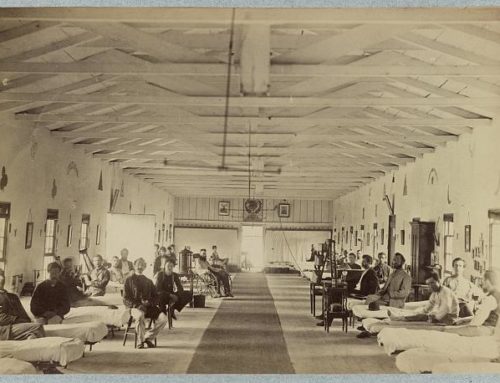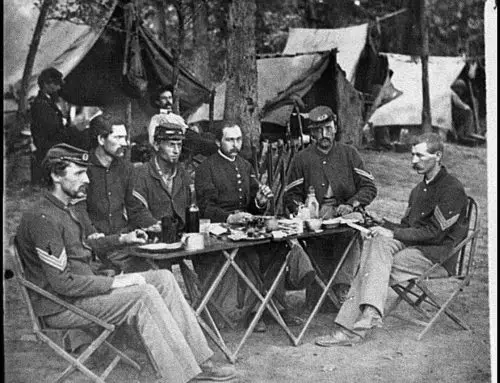(1818-1893)
Benjamin Butler was the infamous Union leader in charge of the captured city of New Orleans and his methods and laws were a constant source of intrigue and anger. His tenure as the occupying mayor of a major Confederate city would go down in history as one of the most controversial and lucrative.
The Union mayor made it a point to demonstrate his utter control and personal style over the citizens of New Orleans. Going as far as to make his infamous “Woman’s Law”, a reality, Butler would be seen as tyrannical and self-serving.
The citizens of Crescent City were enraged and demanded that the Union leaders either replace him or they would take matters into their own hands.
A threat such as this, although customary as an occupied city has little bartering room, was taken rather seriously by the Union brass.
This was probably because Mayor Butler had a penchant for the finer things in life and helped himself to both the famous St. Charles Hotel and the stash of cash the Dutch Embassy had in the city.
The “heist” was an amazingly high sum for the times, 800,000, and Butler would later say that the money was confiscated because it was meant for the Confederate forces, thus war is hell, but profitable. The spoils go to the victor, or so it seemed. Butler was as man of many self-serving virtues but those did not apply to him as he even went as far as hanging a citizen for taking down an American flag. All this combined for a replacement of the highest order in New Orleans as he lost his mayoral position to General Nathaniel Banks.
General Butler was born in the city of Deerfield, New Hampshire in 1818. Butler graduated from the prestigious Colby College and went straight to the bar as a lawyer. His prowess as a legal representative served him well in personal business and prompted Butler to run for Governor of Massachusetts. And run he did, six times Butler would run for Governor and on the fifth time he made it. Persistence was obviously one if the only positive characteristic of the Union leader.
When the Union secured the victory in the Civil War, Butler returned to his life long dream, Congress. Elected to two terms, Butler was seen as a good representative of the state of Massachusetts, a stark contrast to his military career. Reputation saved, Butler eyed a bigger game this time, the impeachment proceedings of President Andrew Johnson. Butler was a highly vocal and visual critic of everything Johnson and let his anger be heard throughout Congress and the Union.
Yet the last laugh was on Butler as Johnson was acquitted in the impeachment process and left to run the presidency the way he liked. The radical republicans had failed to dethrone the president and Butler was cast the blame. The life of Benjamin Butler was nearing it’s end and in Washington D.C. in 1893, Benjamin Butler died. The life of Butler was a vividly exciting one filled with leadership qualities and some bad ill-advised actions.




